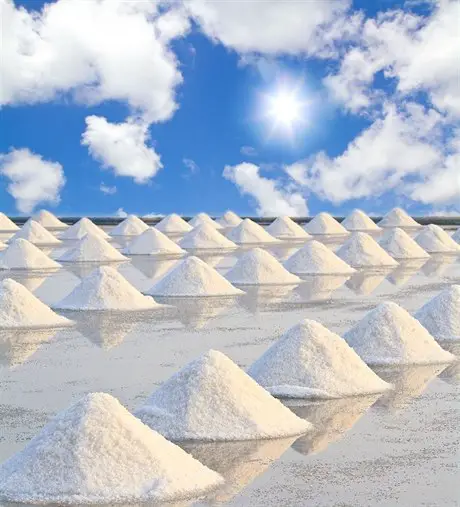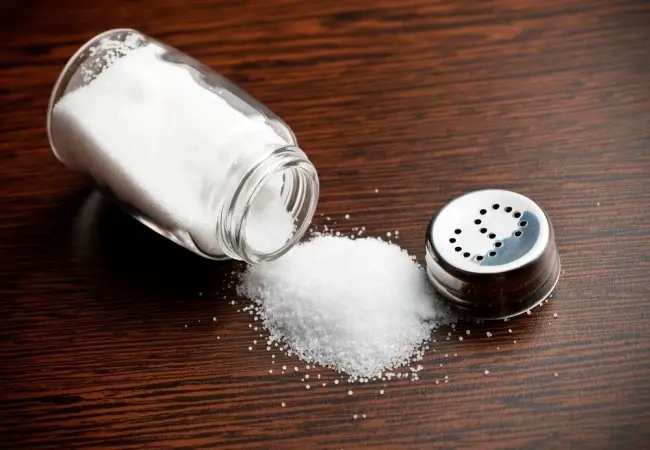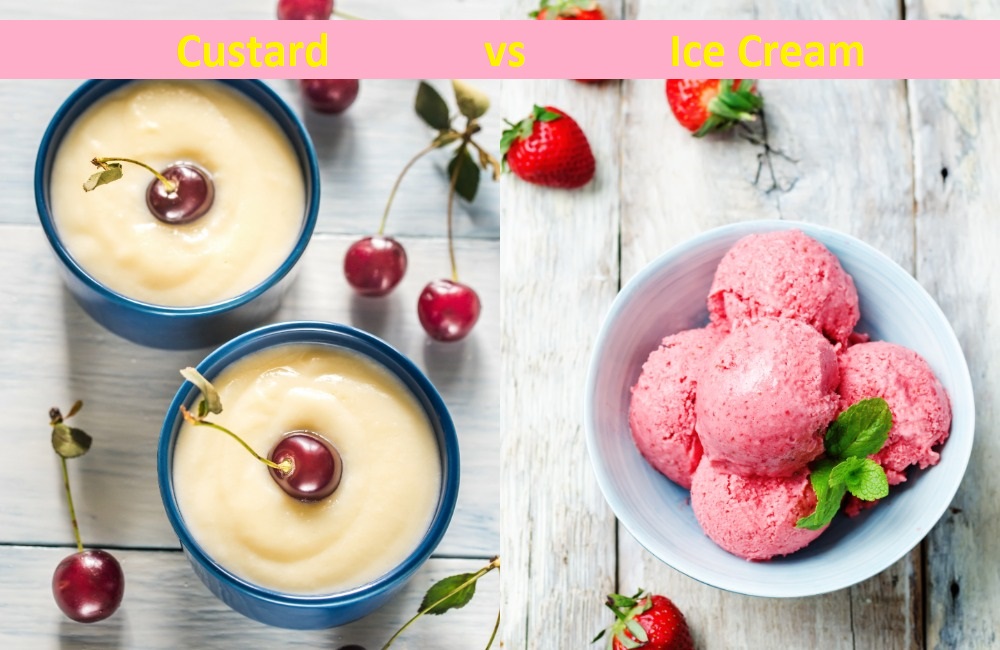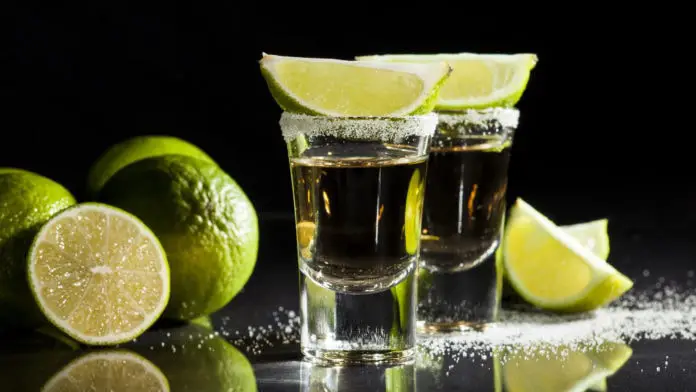Sea Salt Vs. Table Salt: 3 Key Differences
Is there really a difference between sea salt and table salt? Most people assume that they are the same thing and while that is partially true, there are definite differences between the two. The three main differences between sea salt and table salt are texture, taste and processing.
Texture

Sea salt generally comes in the form of small rocks. A grinder must be used to grind the sea salt into usable pieces. Sea salt cannot be used in a typical salt shaker.
Table salt is much finer and does not need a grinder. It is generally put in a salt shaker to dispense it.
5 Major Differences Between Herbs and Spices
Taste

Not all sea salt will taste the same because of the varying mineral content within each batch of sea salt that is created. Generally, it has a milder flavor than table salt.
Table salt is very uniform in taste because it is extremely processed. It is also very uniform in appearance, being white, small grained pieces.
Processing
Sea salt is produced when ocean water or water from saltwater lakes evaporate. The water is collected and once it evaporates, a little bit of processing is done and then sea salt is produced. There are trace elements of minerals in sea salt that is not processed out. These minerals add color and flavor to the sea salt that is produced.
Table salt is mined from salt deposits located underground. Table salt is very heavily processed to get rid of any minerals that may be present. It also contains an additive that prevents clumping. Table salt has iodine added to it during processing. Iodine is a nutrient that is essential to maintaining a healthy thyroid.
Both sea salt and table salt have the same nutritional value, even though sea salt is being promoted as the healthier alternative. When compared, both contain the same amounts of sodium by weight. Always enjoy salt, whether it is sea salt or table salt in moderation.
Recommended for You:
Difference Between Sea Salt and Table Salt: A Table
Sea Salt |
Table Salt |
|
|
|
|
|
|






